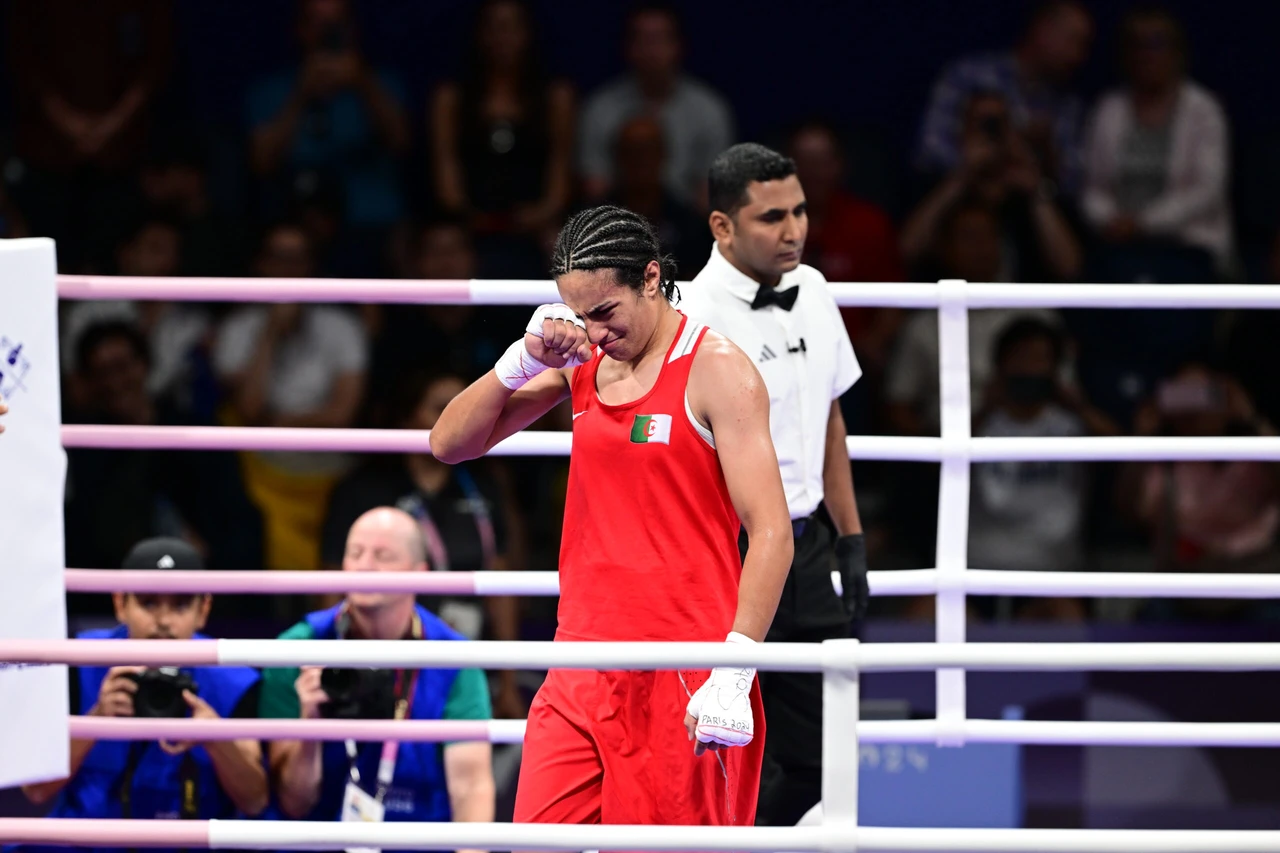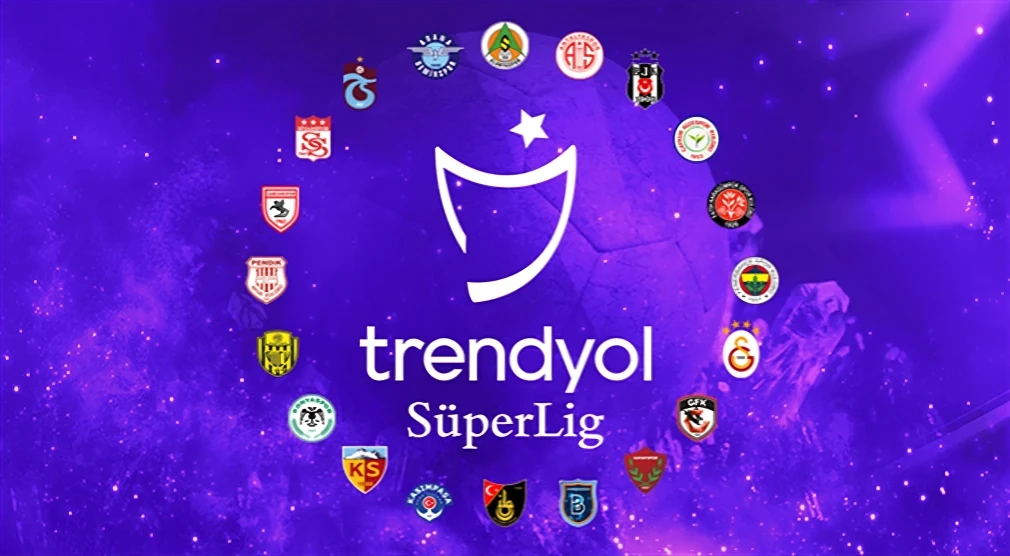Scrutiny on Int’l Boxing Association’s ban of Khelif, Russian ties
 Algerian boxer Imane Khelif won her quarterfinal match in the 66 kg category against Hungarian opponent Anna Luca Hamori at the Paris 2024 Olympic Games, August 3, 2024. (AA Photo)
Algerian boxer Imane Khelif won her quarterfinal match in the 66 kg category against Hungarian opponent Anna Luca Hamori at the Paris 2024 Olympic Games, August 3, 2024. (AA Photo)
Algerian boxer Imane Khelif has faced significant backlash during the Paris 2024 Olympics.
Her disqualification from the 2023 World Championships by the International Boxing Association (IBA) for failing gender eligibility tests stirred controversy.
As the initial uproar subsides and people reassess the situation, questions arise about the fairness of her ban and whether she received undue criticism.
International Boxing Association’s decision about Khelif raises eyebrows
The IBA disqualified Khelif and Taiwanese boxer Lin Yu-ting, claiming they had competitive advantages because of high testosterone levels. This decision came after Khelif defeated Russian boxer Azalia Amineva, raising suspicions about the timing and motivations behind the disqualification.
The IBA, under Russian president Umar Kremlev, has faced numerous allegations of corruption and lack of transparency.
The IBA’s history is marred with controversy. The organization was formerly known as AIBA until 2019 when it rebranded following significant governance issues. These issues included financial mismanagement and judging scandals.
The IOC permanently banned the IBA from Olympic participation because it failed to reform.
Umar Kremlev, who has ties to Russian state interests, became president in late 2020. Under his leadership, the IBA introduced Russian state-controlled Gazprom as its biggest sponsor and moved much of its operations to Russia.
Türkiye’s involvement in boxer Imane Khelif controversy
Türkiye became involved in the controversy when the Turkish Boxing Federation appealed to the IOC to disqualify Khelif from the 2024 Paris Olympics.
The federation cited Khelif’s failure to pass gender eligibility tests in previous competitions.
The IBA supported this appeal, stating that Khelif had not undergone testosterone tests but a separate, confidential test. This test allegedly showed that she did not meet the necessary criteria and had a competitive advantage over other female athletes.
Despite these concerns, the IOC rejected the appeal, maintaining that Khelif adheres to all eligibility and entry regulations based on her passport, which lists her as female.
“All athletes participating in the Paris 2024 Olympic Games boxing tournament adhere to the eligibility and entry regulations, as well as the applicable medical regulations set by the Paris 2024 Boxing Unit (PBU),” the IOC stated.
International Olympic Committee’s defense of boxer Imane Khelif
At the Paris Olympics, Khelif’s participation reignited debates about gender and fairness in sports. Her match against Italian boxer Angela Carini ended abruptly after 46 seconds, leading to further scrutiny.
Carini later apologized for her actions, acknowledging the controversy surrounding Khelif’s eligibility but respecting the IOC’s decision to allow her to compete.
The IOC defended Khelif, stating she complies with all eligibility requirements based on her passport. IOC spokesperson Mark Adams said, “These two athletes were the victims of a sudden and arbitrary decision by the IBA.”
He added that the IBA’s disqualification of Khelif and Lin lacked due process.
IOC President Thomas Bach condemned the “politically motivated” uproar and hate speech directed at Khelif and Lin, describing the actions against them as “totally unacceptable.”
Broader implications of Imane Khelif controversy for sports governance
Khelif’s situation highlights significant issues within the IBA and the broader sports community.
The IBA’s actions raise questions about the fairness of their decisions and the impact of political and financial influences on sports governance.
The IOC’s stance emphasizes the need for transparency in gender eligibility testing and fairness for all athletes.
Despite the challenges, Khelif remains focused on her goal, aiming to bring pride to her nation amidst the controversy.
“I want to tell the entire world that I am a female, and I will remain a female,” Khelif said after her victory.
She dedicates her medal to her supporters and continues to compete with determination.
The ongoing debate about gender eligibility in athletics continues to unfold, reflecting deeper issues in sports governance and the need for fair and transparent decision-making processes.



